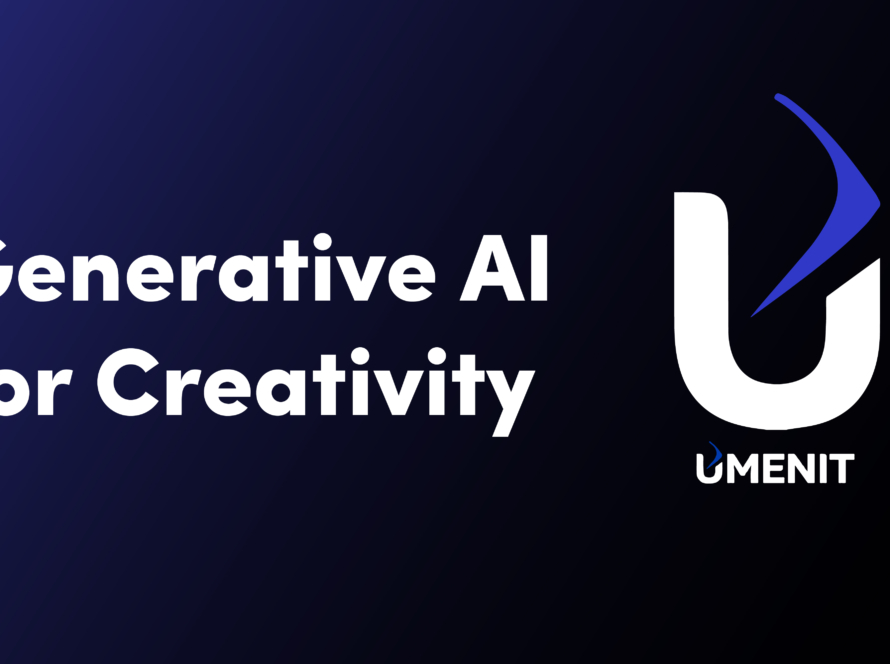In today’s rapidly evolving technological landscape, businesses face the challenge of balancing efficiency with scalability.
Enter AI agents—an innovative technology designed to revolutionize how tasks are managed and executed.
These intelligent systems are not just tools; they are transformative solutions capable of automating complex processes, reducing human workload, and delivering unparalleled precision.
This blog will explore the concept of AI agents, their functionalities, applications, and the profound impact they have on modern business operations.
What Are AI Agents?
AI agents are software-driven systems designed to perform specific tasks autonomously by leveraging artificial intelligence.
Unlike traditional automation tools, AI agents are equipped with advanced capabilities such as:
- Decision-making: Using algorithms to choose optimal solutions.
- Learning: Adapting and improving performance over time through machine learning.
- Interaction: Communicating with users or systems via natural language processing (NLP) and APIs.
These agents operate within defined environments, perceiving inputs, analyzing data, and executing actions to achieve desired outcomes without constant human supervision.
Core Components of AI Agents
AI agents function through the integration of several key components:
1. Perception: Sensors or APIs that gather data from their environment.
2. Reasoning: Algorithms that process inputs, analyze patterns, and determine the next steps.
3. Action: Execution of tasks, such as sending responses, updating databases, or triggering workflows.
4. Learning Module: Continuous improvement through feedback and interaction with new data.
Types of AI Agents
AI agents can be classified into different types based on their scope and functionality:
Core Components of AI Agents
AI agents can be classified into different types based on their scope and functionality:
1. Reactive Agents: These agents respond to stimuli without retaining memory. Ideal for straightforward tasks such as monitoring systems.
2. Proactive Agents: Equipped with decision-making capabilities, they plan and execute tasks, often in dynamic environments.
3. Collaborative Agents: Designed to work alongside humans or other AI systems to enhance productivity and problem-solving.
4. Intelligent Personal Assistants: AI agents like Siri or Alexa that cater to individual needs through voice commands and learning preferences.
Applications of AI Agents in Business
AI agents are redefining how organizations operate across various sectors. Here’s a closer look at some of their transformative applications:
1. Customer Support
AI agents can handle customer inquiries, troubleshoot issues, and provide round-the-clock assistance.
Their ability to understand and process natural language ensures a seamless customer experience.
2. Human Resource Management
From screening resumes to managing employee onboarding, AI agents simplify and speed up HR processes, allowing teams to focus on strategic initiatives.
3. Supply Chain Optimization
AI agents monitor inventory, predict demand trends, and manage logistics, ensuring smooth supply chain operations.
4. Financial Analysis
In the finance industry, AI agents assist with fraud detection, portfolio management, and generating predictive insights for decision-making.
5. IT Infrastructure Management
AI agents oversee system performance, detect anomalies, and initiate automated responses to potential issues, ensuring operational continuity.
How AI Agents Drive Intelligent Task Automation
AI agents bring intelligent task automation to the forefront by eliminating repetitive tasks and optimizing processes.
Here’s how they achieve this:
1. Speed and Accuracy: They perform tasks faster and more accurately than humans, minimizing errors.
2. Scalability: AI agents can handle growing volumes of work without compromising efficiency.
3. Cost Efficiency: By automating routine operations, businesses can reduce operational costs and allocate resources strategically.
4. Improved Decision-Making: AI agents analyze vast datasets in real time, offering actionable insights for smarter decisions.
Benefits of Using AI Agents
Implementing AI agents in business operations offers a range of benefits:
- 24/7 Availability: Unlike human workers, AI agents can operate round the clock without fatigue.
- Customization: They can be tailored to meet specific business needs.
- Data-Driven Insights: Real-time analytics enable better forecasting and planning.
- Employee Empowerment: By handling mundane tasks, AI agents free up employees to focus on innovation and creativity.
Challenges and Considerations
While AI agents are powerful, their implementation requires careful planning. Businesses must address challenges such as:
- Data Security: Ensuring sensitive information is protected.
- Integration: Seamless incorporation into existing systems.
- Ethical Concerns: Balancing automation with workforce implications.
- Maintenance: Regular updates and monitoring to maintain efficiency.
The Future of AI Agents in Business
As AI technology advances, AI agents are expected to become even more intelligent and adaptive.
Emerging trends like emotional AI, which enables agents to understand and respond to human emotions, and quantum computing, which will enhance computational power, are set to redefine what AI agents can achieve.
For businesses, this means an era of unprecedented efficiency, personalization, and innovation.
Organizations that embrace AI agents early will have a competitive edge in navigating the complexities of a digital-first world.
Conclusion
AI agents are not just a passing trend—they are a cornerstone of the future of intelligent task automation.
Their ability to adapt, learn, and execute tasks autonomously makes them indispensable for businesses aiming to thrive in today’s fast-paced environment.
At UMENIT, we specialize in delivering tailored AI solutions that empower businesses to achieve their goals seamlessly.
By integrating AI agents into your operations, you’re not just adopting technology—you’re embracing a smarter way to work.
Ready to revolutionize your business with AI agents? Contact UMENIT today and take the first step toward intelligent automation!



